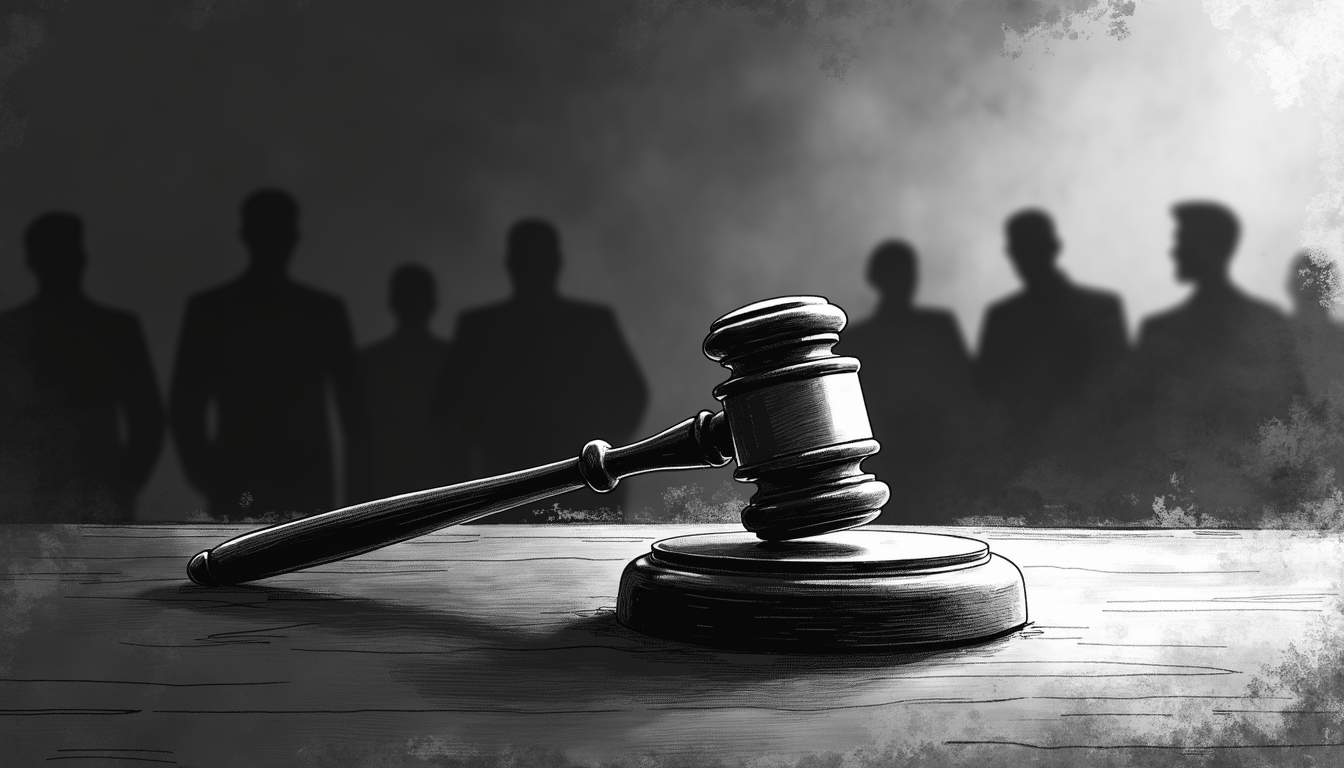The recent proposal from the U.S. government to establish a Bitcoin reserve has ignited a heated debate. The main concern? This could centralize control, which goes against the decentralized nature of cryptocurrencies. With looming fiscal risks and the potential for market volatility, it’s essential to understand what this initiative might mean for the crypto market and the economy.
Centralization and Government Influence
If the U.S. government creates a Bitcoin reserve, it would mean they’re stepping into the cryptocurrency market in a big way. That’s not exactly what Bitcoin was designed for, right? It could lead to a situation where the government becomes a significant player, undermining the very essence of decentralization that cryptocurrencies like Bitcoin were built upon.
The editorial claims that major crypto exchanges, including Coinbase, are effectively asking for a massive handout while going against the ethos of crypto. Bitcoin was crafted to operate outside the grasp of financial institutions. The irony here is that a government-backed reserve is essentially advocating for centralization.
Financial Risks and Market Volatility
Using taxpayer funds to buy Bitcoin could result in a monumental loss of money. The editorial also warns that if the government were to fund this reserve, they’d have to raise the national debt or print more money, which could lead to inflation and devalue the U.S. dollar.
Bitcoin has often been labeled a speculative asset with no real-world use. Its value is only as solid as market perception, and thus, it shouldn’t be used for government fiscal or social planning. Given Bitcoin’s notorious volatility, the reserve could plummet in value, costing taxpayers hundreds of billions. This initiative might also affect the financial landscape and the economy at large.
If banks and financial institutions accept Bitcoin as collateral, a sudden drop in its price could lead to another financial crisis requiring a bailout. This situation illustrates the risks associated with institutional-level Bitcoin adoption. However, the editorial mentions that it could end up enriching current Bitcoin holders while putting a high financial risk on the government, indicating that “the government would be playing the greater fool….”
Regulatory Challenges and Compliance Issues
Creating a government-backed Bitcoin reserve would necessitate robust regulatory measures, potentially centralizing control over the cryptocurrency even further. This could result in stricter regulations and compliance issues, undermining the freedom and anonymity that decentralized cryptocurrencies promise. Additionally, it could expose the economy to risks like financial crime, market manipulation, and consumer loss if not managed correctly.
The regulatory environment in the U.S. is already complicated, with various federal and state regulators overseeing different facets of cryptocurrency transactions. The SEC, CFTC, and IRS have different definitions and approaches to crypto assets, which could complicate the establishment of a Bitcoin reserve. For example, the SEC might classify Bitcoin as a security, subjecting it to stringent registration and disclosure requirements. In contrast, the CFTC could treat it as a commodity, placing it under their regulatory authority.
Recent legislative proposals, such as the Responsible Financial Innovation Act (RFIA) and the Digital Commodities Consumer Protection Act, aim to provide clarity and a regulatory framework for digital assets. However, these proposals are still being debated and have yet to be fully implemented. The RFIA, for instance, focuses on integrating digital assets into existing tax and banking laws, which could influence how a Bitcoin reserve would be managed and regulated.
Summary: The Future of Crypto in the U.S.
As the Bloomberg editorial concludes, creating a Bitcoin reserve by the U.S. government is unwise and filled with financial risks. It posits that such a move would primarily benefit current Bitcoin owners while exposing taxpayers to potential losses. The editorial suggests that crypto economies should remain within the crypto sphere to avoid harming the national economy.
In summary, a government-backed Bitcoin reserve would erode the decentralization of cryptocurrencies by bringing in central control, market manipulation, and regulatory challenges, all of which contradict the core principles of decentralized digital currencies. The establishment of a Bitcoin reserve in the U.S. would need to navigate an intricate regulatory framework, ongoing legislative proposals, state regulations, and a focus on consumer and investor protections. Compliance with these regulations and addressing associated risks would be crucial for the success of such a proposal.








